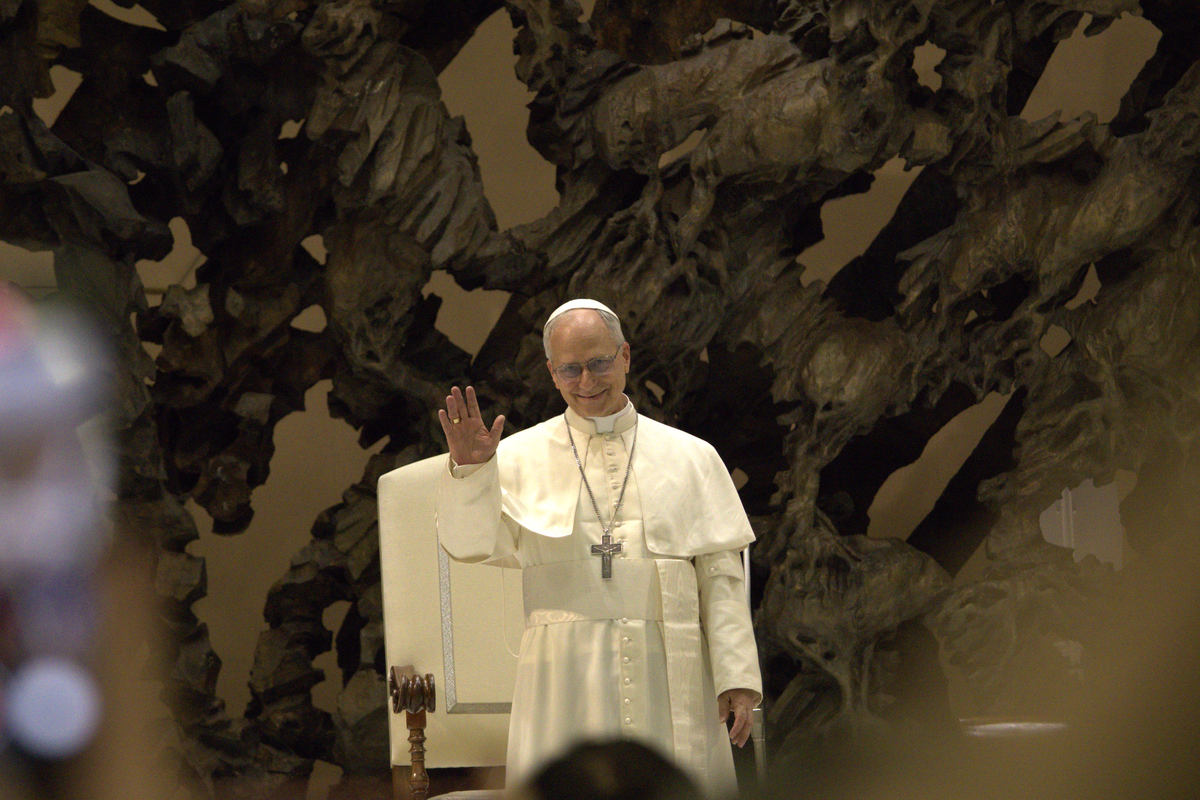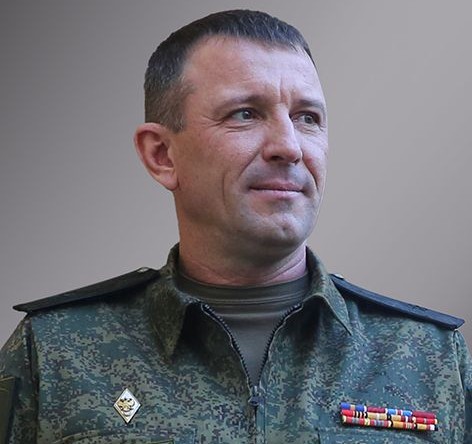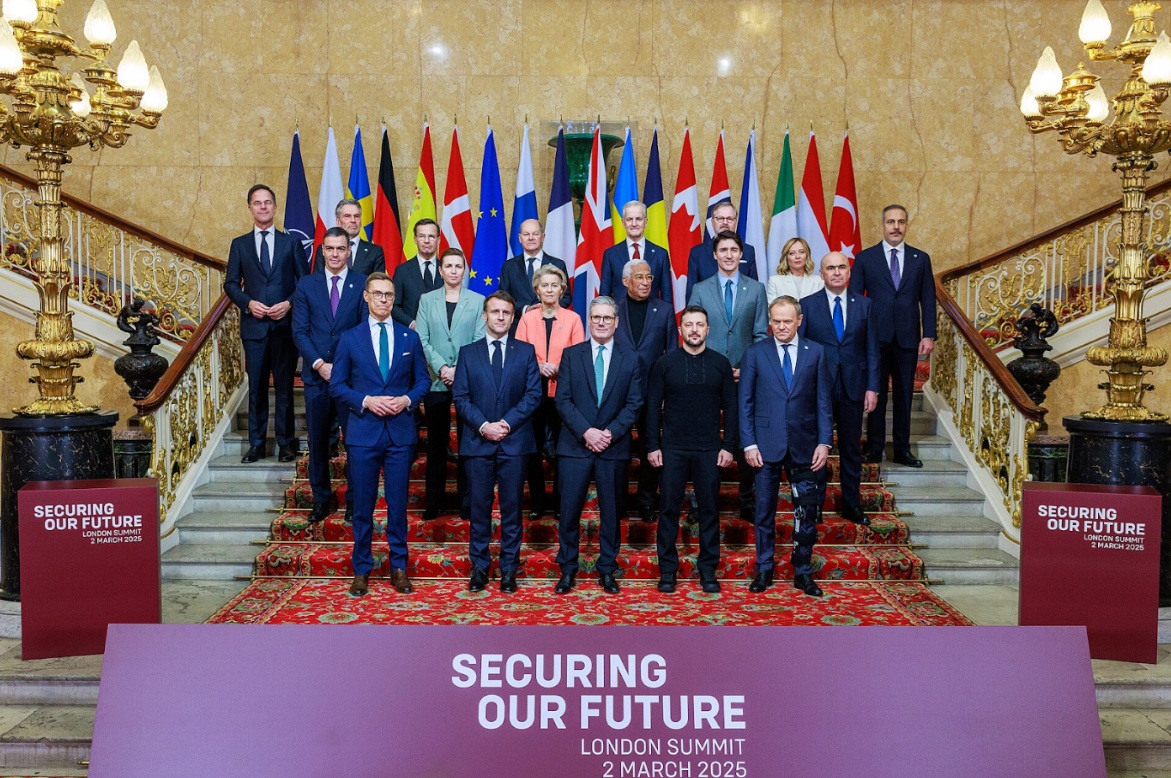The newly elected pope, Leo XIV, is likely to represent a gradual continuation of Pope Franics’s policies.
He also will likely continue Francis’s progressive focus on the poor and disadvantaged. So while we might not see the church performing gay marriages, we can expect continued support for marginalized social groups, despite the church’s official line condemning things like gay marrige and trangender acceptance. This trend in the church has been emphasized in the Vatican recently, with the social care ministries, including those with a greater focus on compassionate social care than proper processes or hierarchies. Figures that represent this approach include Francis allies such as Cardinal Konrad Krajewski or Sister Geneviève Jeanningros. However, the Vatican is not completely won over, as candidates with a greater focus on pastoral care were not selected. Instead, the conclave opted for a cardinal that melded experience in both leading a bishopric and managing the affairs of the Holy See.
This is also consistent with the choice of the name Leo, as the theological figure was associated with diplomacy and faith. The last Pope Leo was also known as the “Pope of Workers”. It’s also notable that Leo XIV, just days before his nomination, was sparring with JD Vance on Twitter.
While some of his statements on social issues may seem more regressive than his predecessor, such as criticising “gender ideology” and “homosexual lifestyle”, one should remember that the progressive Francis said that trans people were the greatest threat in the modern world and did not allow gay marriage. Thus, we should not expect a drastic departure from the policies of the late Pope Francis. It is also notable that many of the quotes are decades old at this point, and the new pope has expressed openness to changing his mind. While Leo may be less progressive than Francis, he is not among the reactionary candidates and is more likely to proceed with slow reform in line with Francis’s ideas rather than rollback or revolution. His belief in horizontal organization and plurality also have inspired confidence in more progressive peers; even if he holds anti-LGBTQ+ beliefs, he seems open to changing his mind or allowing diversity in church positions.
He is also known for having a poor record on properly handleing sexual abuse within the church. However, it is unlikely that other candidates would be leaps and bounds better on this issue. He splits the middle in terms of the nature of his experience, having both spent time in missionary work, as a pastoral bishop and St. Augustinian as well as leading an influential body of the Curia. A quiet manager, he is better suited to solving the internal divisions and financial challenges of the church than steering a Francis-like wide-ranging change to the church. He has a history in bridging divides with his quiet demeanor, and is popular as proven by this election. He will likely be able to use the political capital of his election to try to strengthen internal ties within the church. Additionally, he has experience in managerial and administrative roles, so reader can expect Pope Leo XIV to focus on reforming the bureaucracy and dedicating his workmanlike effort towards some of the less prominent problems the Vatican faces.









